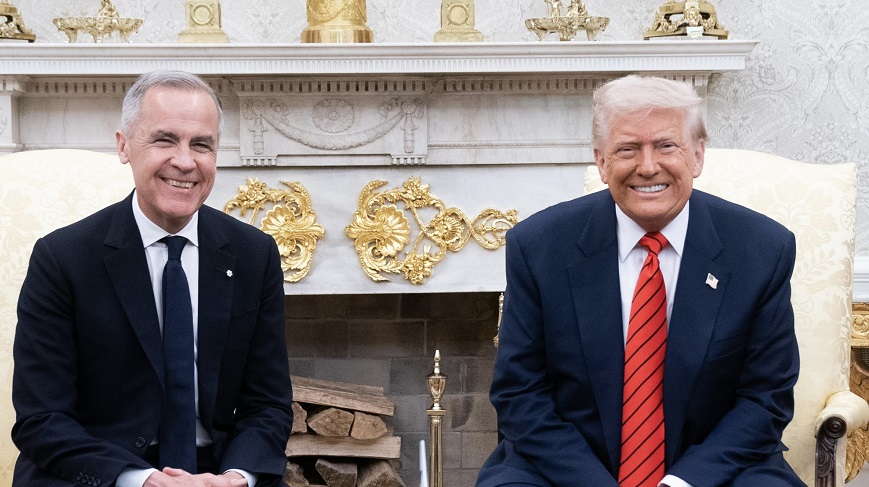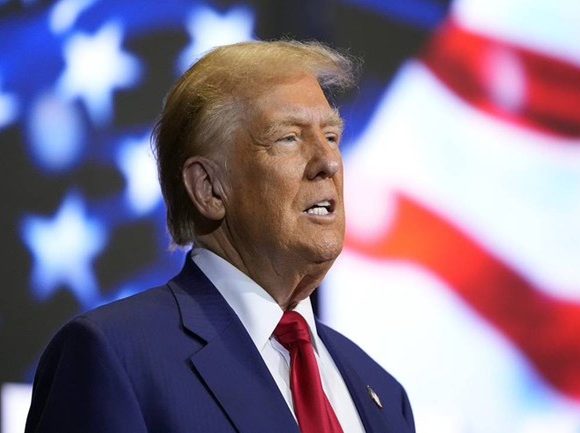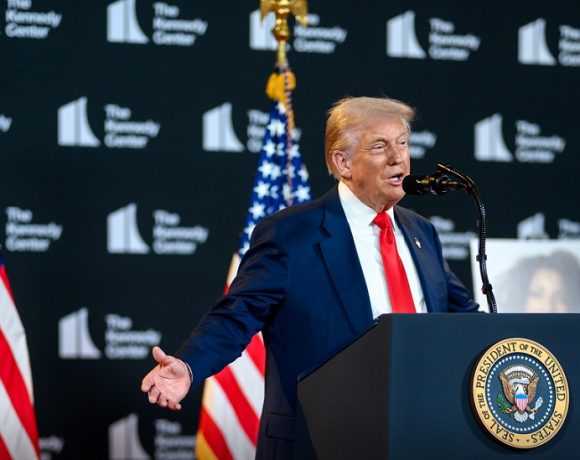
Trump Tells Carney ‘Never Say Never’ Amid Canada Statehood Banter
In a pointed yet humorous exchange at the White House, former U.S. President Donald Trump and Canadian Prime Minister Mark Carney drew international attention over a symbolic remark about Canada’s sovereignty. When Carney firmly declared, “Canada is not for sale,” Trump smirked and replied, “Never say never,” reviving a decades-old joke about the idea of Canada becoming the 51st U.S. state.
The moment was laced with both political theater and underlying tension. While Carney’s statement was a clear reiteration of Canada’s independence and strategic value as a sovereign nation, Trump’s response, though delivered with levity, hinted at his longstanding views on strengthening U.S. influence over North American trade and economics.
A Clash of Personalities and Policy Visions
The leaders’ exchange symbolized not only their personal contrasts but also the ongoing friction between the two nations on matters ranging from trade to foreign policy alignment. Carney, a seasoned economist and central banker before entering politics, struck a calm and assertive tone. Trump, known for his blunt style, continued to toy with ideas that challenge diplomatic norms.
This isn’t the first time Trump has floated provocative ideas. During his previous presidency, he reportedly considered buying Greenland from Denmark, and his administration frequently clashed with Canada over tariffs, energy policies, and border security issues.
A Diplomatic Icebreaker or Strategic Message?
While the “never say never” comment was likely intended as a joke, it did not go unnoticed by political observers. The episode reflects how even light-hearted remarks can expose deeper currents of geopolitical strategy and national identity.
Though the meeting ended without any formal announcement, the symbolic significance of the exchange underscores the complexity of U.S.-Canada relations. As both countries prepare for broader regional cooperation and face mutual global challenges, such moments of rhetorical tension will continue to shape the narrative.


















